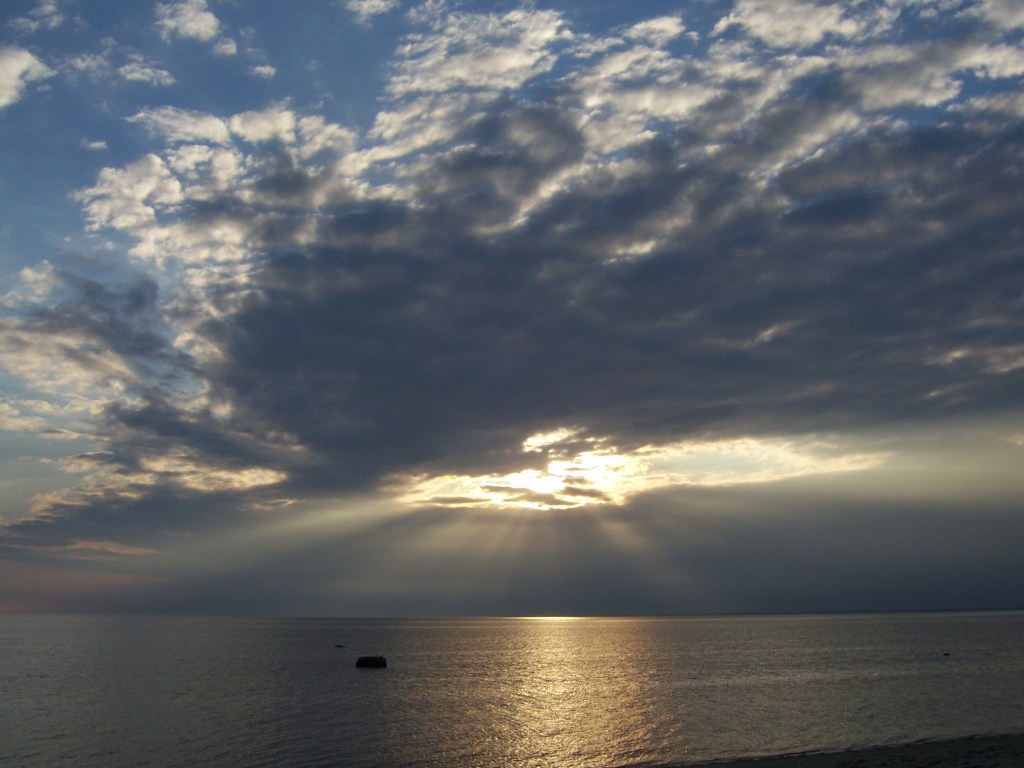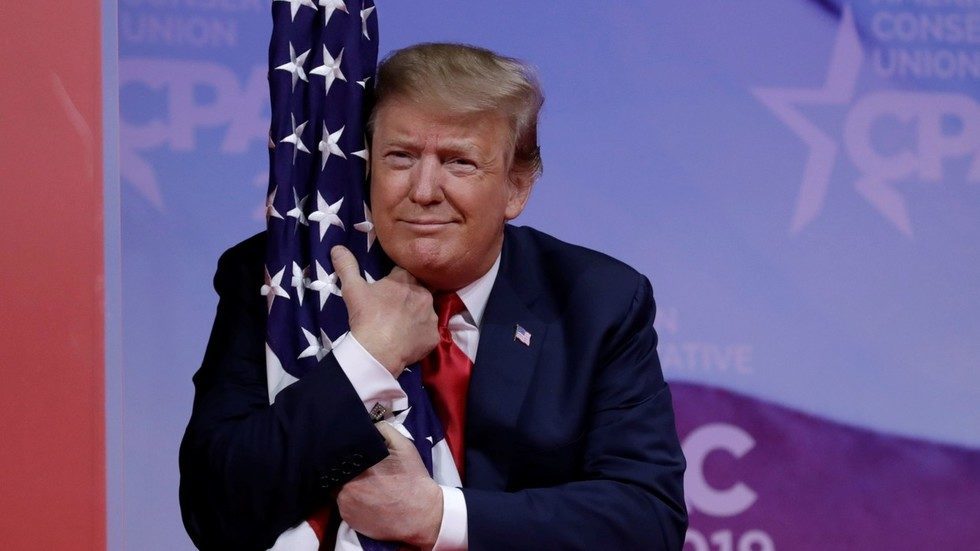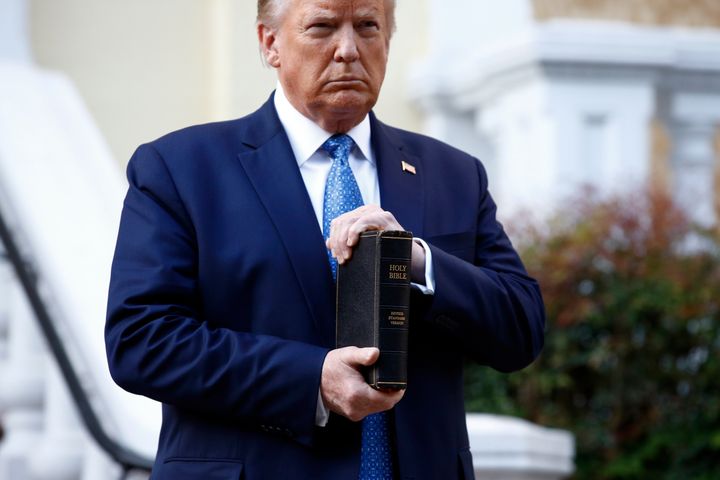
W.J. Astore
Perhaps my favorite biblical verse comes from the New Testament in Luke 17:21 when Christ says to the Pharisees, “The kingdom of God is within you.” You could spend a lifetime thinking about that.
Recently, I googled it and discovered the Catholic church has tried to demystify it, retranslating it as “the Kingdom of God is in the midst of you” and suggesting Christ here is trying to awaken the Pharisees to his presence and to recruit more apostles. So much for looking within at this most profound of Christ’s teachings.
I have many gripes with “modern” translations of the Bible, which largely diminish, even despoil, the poetry of older translations like the KJV (King James Version) or the even earlier translation by William Tyndale.
So I broke out my Catholic Bible from 1962; it renders the passage as “For behold, the kingdom of God is within you.” My NIV Bible from 1984 is the same, except there’s a footnote that says “within” could be translated as “among.” Is nothing sacred, all you wannabe translators and all you organized church tools?
Christ’s teaching that the kingdom of God is within you is a mystery. What does it mean? This is what it means to me. In trying to understand God, I think we humans are really trying to understand ourselves. The vast power of our own minds and imaginations. It’s not God that’s limitless: it’s our conceptions of what god (or gods) can be. But even as we humans imagine and conceive of god, we become jealous of our mental creations and then start lording them over others. We conceive of god(s) as jealous and vindictive and violent because we are.
Some will immediately say that I blaspheme; that I’m saying that humans are really god in the sense we create god. Of course, the Bible teaches the opposite: that God created us.
It is of course a matter of faith but think about this. We’re told we’re made in God’s image (even though we’ve been so busy creating him in our image). Surely this doesn’t refer to our bodies, which age and decay. Surely this refers to our minds, our dreams, our imaginations, which viewed in the aggregate across humanity continue to grow, to discover new things, to conceive of new ideas. To create. As humans, we create. And when we create, we ignite the divine spark within us.
Yet we are obviously not god. For I was taught God is good. God is love. And we humans are definitely not consistently good or loving. Quite the opposite. But of course we can displace our sins onto a fallen angel who corrupts us: Lucifer. It’s not our fault, or not entirely ours, right? The devil made me do it.
I prefer to think of god as the absolute best of us, the most mysterious part of us, our ability to create, to conceive of new things, to dream, to imagine. That human ability seems god-like in the sense it’s truly unlimited. And if it’s not unlimited, how would we know it wasn’t?
It’s not time to worship ourselves in place of god. Rather, as Abraham Lincoln said in a different context, it’s time to start looking to the better angels of our nature. It’s time to tap the kingdom of God within us. And to share it without jealousy or rancor or exclusivity.
And not only within us; the kingdom of God is also all around us. Humans are an incredibly destructive lot. We must not think much of God when we’re so busy despoiling and destroying her creation.
The sacred is within and without. And if we start thinking that way, and have a proper reverence for the sacred, we can focus on being constructive rather than destructive. We can honor the god within us by cherishing and saving the god without us. That means putting life first, all forms of life, including our own, as manifestations of the divine spark.
Postscript 1: I hope God forgives my random capitalization of her/his name.
Postscript 2: A friend notes how much ink’s been spilled throughout history contemplating God’s nature, the lives of saints, and so on. Theology used to be “the queen of the sciences.” I sent this back to him:
One thing about studying theology with such fervor — you probably won’t invent weapons to blow the world into a literal Armageddon from above. No — you’ll just imagine Armageddon coming from above. That said, it’s also true that religion can be used so powerfully to condone the murderous mistreatment of others. Knowledge is power, after all, even (especially?) knowledge of god [whatever “knowledge of god” means]. God is good, but humanity? Not so much.
In Christianity, God sent a Gospel or “good news.” He told us to love one another. How has such a simple message of goodness and giving become so badly twisted and so often ignored?




